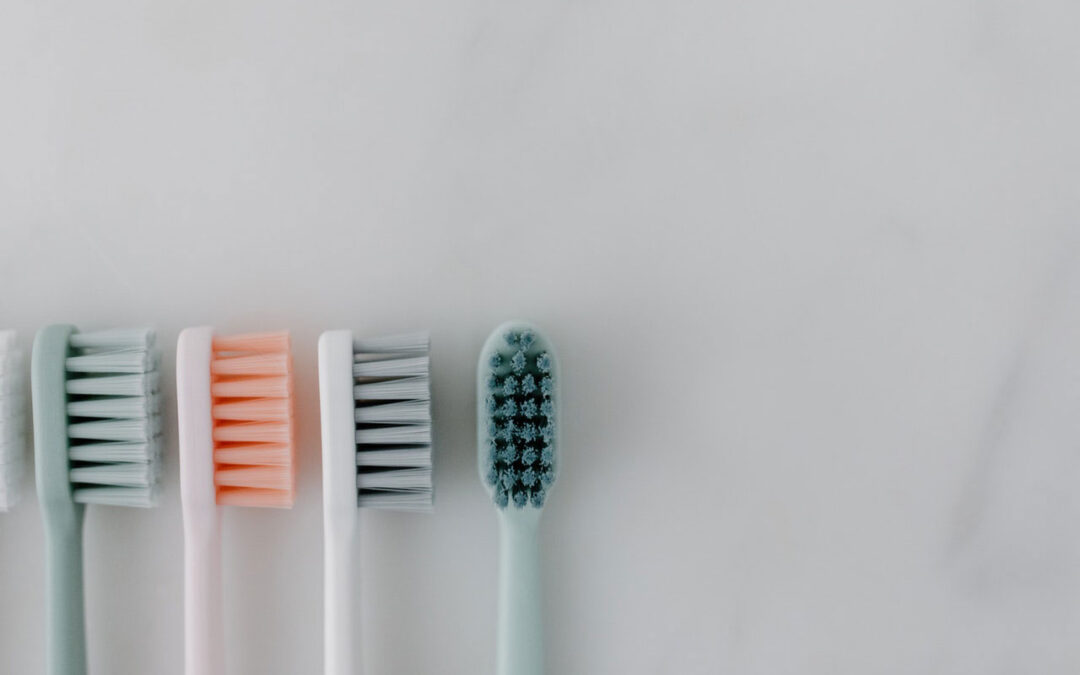
Worried About Aging? Separate The Myths From Reality
The longer any of us stay alive, the more we have to think about aging and the effects it has on us. We live in a society where a lot of thought is given to growing old, especially as it pertains to healthcare. Facing the reality of advancing years can lead any of us to become worried. It’s become fixed in the general conversation that aging leads to failing health, which is a huge part of the reason people fear the advancing years.
But how much is that level of worry warranted? As you look to the future, is it genuinely necessary to feel a sense of foreboding. Are the most common age-related health fears actually worth being concerned about? Below, we’ll look at some of the concerns that people have with regard to age, and see if they are anything you should be worrying about.
Osteoporosis
If you fall over when you are ten, you spring back up and laugh it off. If you fall over when you are 40, you might get a little embarrassed. But you’ll still typically be up and moving again in no time. But as you get towards 65 and over, a fall can be something that sends those around you onto high alert. This is because bone density and the potential complications from a fracture come into question. The truth is, there are things you can do to keep osteoporosis to a minimum. Eat plenty of fruit and veggies, get enough exercise, and avoid too much alcohol. Favor sources of calcium in your diet, and osteoporosis never needs to become an issue.
Losing your sight or hearing
It’s somewhat likely that your eyesight and hearing will become less sharp as you age. In fact, you’re liable to notice yourself squinting a little to read as early on as your 40s. As long as you take the hint and get glasses when you need them – and go for regular optician checkups – it needn’t go far beyond a little lost sharpness. Equally, your hearing will not be as good at 70 as it was when you were 20. In fact, one in three of us will experience noticeable hearing loss by the age of 65. It’s more likely if you spend a lot of time in noisy areas or use medication that is deemed to be ototoxic. But if you see an audiologist and do something to mitigate it, hearing loss doesn’t need to become a major concern.
Dementia
The greatest fear that most of us have when it comes to advancing years, dementia is certainly not a condition anyone wants to experience. It is frequently portrayed in TV dramas, to the extent where it’s easy to imagine that dementia is much more common than it actually is. Even into our 80s, just one in six people experiences symptoms of dementia. By managing lifestyle conditions such as diet, mental activity and physical exercise, it is possible to dramatically reduce the chances it will happen to you. You may still have forgetful moments, but this does not equate to dementia, which has a specific medical diagnosis that goes way beyond mere forgetfulness.
There’s no doubt that as we get older, health issues become more likely. But that’s due to the fact that health issues happen, and the longer we live the more likely they are to happen to us. As the above examples show, health issues can happen to you as you age, but there’s no reason to assume they will happen, or that they’ll be as bad as you imagined if they do.






